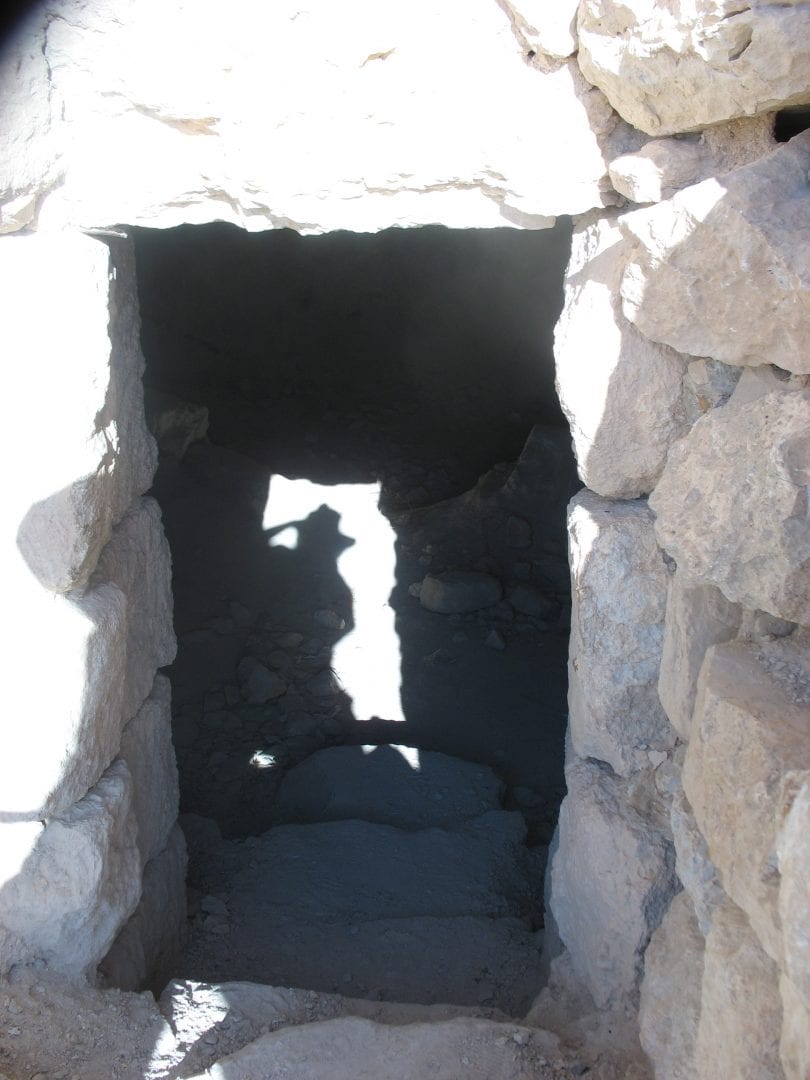
Author as Proxy
I was about thirteen years old when a bus took a dozen of my Mormon friends and me from our hometown in Albuquerque, New Mexico to Manti, Utah. There inside the Manti LDS temple, one by one we entered the water of the enormous bowl-like baptismal font that sat atop the golden statues of twelve oxen that represented the twelve tribes of Israel.
All of us were looking around for the spirits that other people told us they’d seen materialized in a temple, for Mormon doctrine teaches that the spirits of the dead continue to inhabit the earth long after their bodies die.
But as a man baptized me rhythmically 30 times in a row for deceased women whom I’d never heard of, I saw only the swirling of the water above my head and held my breath again and again and again.
Nevertheless the act held its own satisfaction: I knew what it meant to be a proxy, to take the place of someone else, to do what he or she cannot do.
The process of leaving a system of thought as rich and as gratifying as I found Mormonism was painful beyond words. For years, my non-fiction books such as The Mormon Mirage described the nuts and bolts of what doctrinal points caused me make that exit.
I’d always been an avid reader of fiction, but never thought I could write it well. But one day I knew that I must write about leaving one’s treasured faith, and write not just from a list of scriptures or facts or historical anachronisms.
I made the plunge, to be a proxy for readers. In my new novel, Under the Banner of the Mormon Code, I depicted the gut-wrenching journey of my Mormon protagonists who lose faith in a God who is a former man; lose their cherished hope to become gods and goddesses themselves.
In other novels such as What Will Be Made Plain (do the dead communicate with the living?) and the multiple-award-winning A Conspiracy of Breath (did a woman write part of the New Testament?) and I ask questions, take on characters who want to know things.
Proxy. That’s what a Christian writer of fiction must be. To enter into these firestorms in the asbestos of a novel and show where the way of escape is, where the rescue can start.
That was the function of Jesus. He was the ultimate Proxy. And look at His prayers: Almost without exception – and that, facing His own impending death– He prayed for others. Proxy prayer, or intercession, is the highest form, the acme of the art of communicating with God.
From the point of view of the author as proxy, our readers often seem to us as disembodied as the women for whom I was baptized in Manti. There’s the occasional email or book review or online post, but we work alone in front of computer screens, sending our characters into the deepest places of the human heart as proxies for our readers – and for our own singed, precarious souls as well.
That is its own satisfaction. That is its own reward. And it is enough.